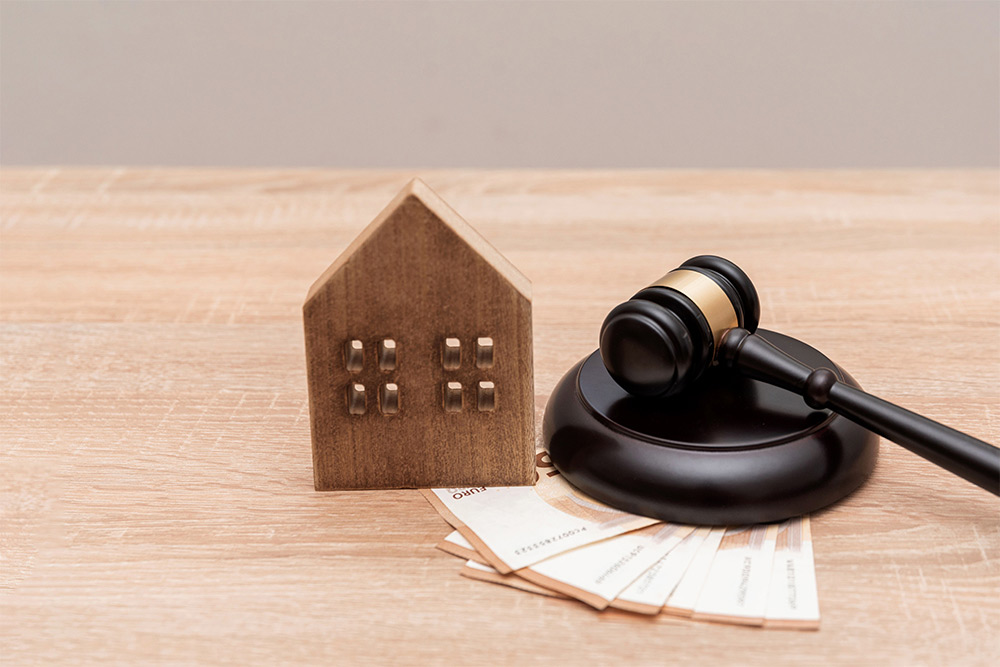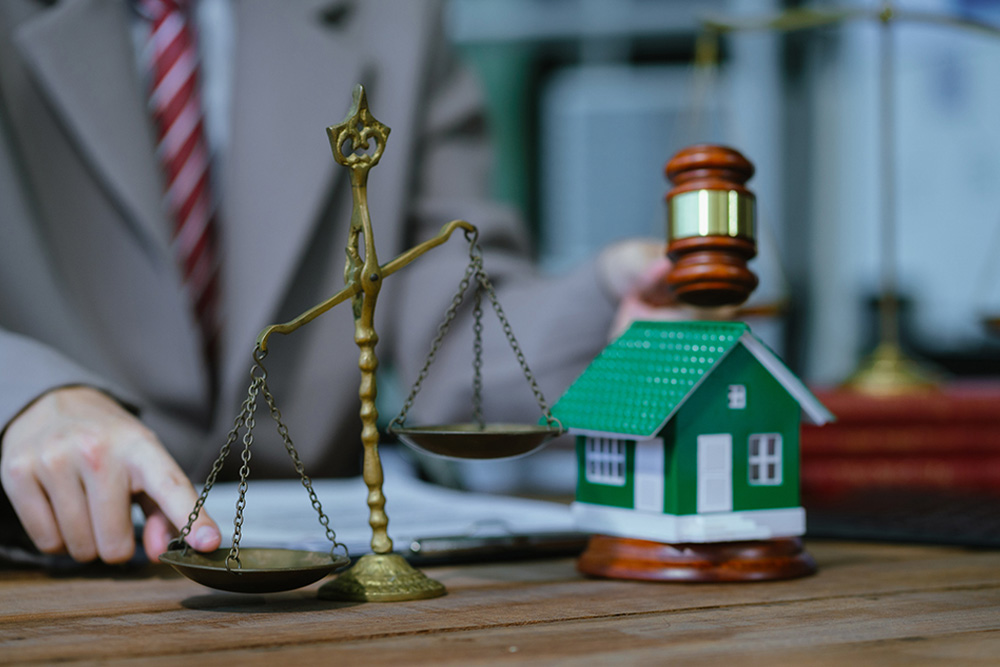If you are worried about a tenant causing damage to your property, know that tenancy laws are in place. From maintaining tenant-landlord relationships to protecting the rights of both parties, these laws regulate rental processes in Dubai.
But what can you do if a tenant damages property? What steps should be taken, and how can damage be claimed? This guide includes all the answers to these questions and more to leave you with complete visibility about your rights.
- RERA Tenancy Laws
- Laws Regarding Property Damage Caused by Tenant
- How to Claim Damage Against a Tenant
- How to Lodge a Complaint at the Rental Dispute Centre
- FAQs
RERA Tenancy Laws
The Real Estate Regulatory Authority (RERA) is an agency under Dubai Land Department (DLD) supervision; it’s responsible for regulating tenant-landlord relationships. Law No. (33) of 2008 amending Law. No. (26) of 2007 protects the rights of both parties. This law highlights the legal grounds for evictions and resolving conflicts.

Laws Regarding Property Damage Caused by Tenant
According to rental laws in Dubai, a landlord is responsible for major repairs. The tenancy agreement divides maintenance responsibilities between tenants and landlords.
According to the guidelines, a tenant must seek permission from the landlord before any modifications or repairs to the property. If a tenant modifies a property such that it becomes unsafe or impossible to restore, the landlord can evict the tenant. Moreover, the landlord has the right to claim repair costs.
How to Claim Damage Against the Tenant
Are you stressed about a tenant causing damage to property but don’t know what steps to take? Let’s discuss the step-by-step process for resolving this conflict:

1. Evaluate Damage and Document Everything
Once you notice property damage, the first step is to evaluate the scale of damage, take pictures and document everything. Next, estimate the repair costs for damage claims.
2. Communicate with the Tenant
Communication is the key to resolving tenant-landlord issues. Try to resolve the issue directly with the tenant by discussing the reasons for the damage, estimated damage claim and resolution. As a landlord, you can also proceed with legal warnings without escalating the issue further. Keep a record of any communication with the tenant as proof.
3. Seek Legal Advice
If communication fails to resolve the issue, the next step is to seek legal advice. Hire a specialised lawyer and discuss the case thoroughly before proceeding with legal action. The lawyer will advise the landlord on necessary actions, such as sending an eviction notice and filing a complaint.
4. File a Dispute and Send Eviction Notice
If the damage is beyond repair or intentional, the landlord can send an immediate eviction notice. Additionally, the landlord can deduct any property damage costs from the security deposit. If nothing works, the last resort is to file a complaint at the Rental Dispute Settlement Centre (RDC).
How to Lodge a Complaint at the Rental Dispute Centre
The Rental Dispute Centre is responsible for handling all rental disputes. The landlord can complain against tenants causing damage to their property. You can file a complaint using the RDC official website or visit the service centre. Here are the details of filing a rental dispute in Dubai:

Required Documents
- Tenancy contract copy
- Photographs of property damage
- Eviction notice copy
- Copy of any communication with the tenant
Service Fee
The service fee is 3.5% of the annual rent and must be between AED 500 and AED 20,000.
RDC Main Branch
The landlord can visit the RDC main branch for in-person service. Here are the location and contact details of the RDC main branch:
Location
Dubai Land Department, Baniyas Road, Near Etisalat Tower 1, Riggat Al Buteen, Deira, Dubai, UAE
Opening Hours
- Monday to Thursday: 07:30 am to 03:00 pm
- Friday: 07:30 am to 12:00 pm
Contact Information
+971-800-4488
FAQs
First, the landlord should evaluate the scale of damage and communicate the problem with the tenant. If communication fails to resolve the problem, the last resort is to seek legal advice and file a complaint against the tenant.
Yes, tenancy laws permit landlords to evict tenants on some legal grounds. However, it is crucial to follow guidelines and provide an eviction notice where necessary.
Yes, major home repair issues fall under the landlord’s responsibility. However, the landlord is not responsible for any property damage caused by the tenant.
Now, you know exactly how to navigate the property damage conflict. If you notice a tenant causing damage to property, try to communicate and issue warnings. Avoid legal actions unless necessary to maintain a healthy tenant-landlord relationship. To prevent conflicts, the landlord and the tenant must review the tenancy contract before signing.
If you are wondering if a landlord can evict a tenant in Dubai from his property, the answer is yes. Learn about the legal grounds for eviction and how to deal with unfair evictions.